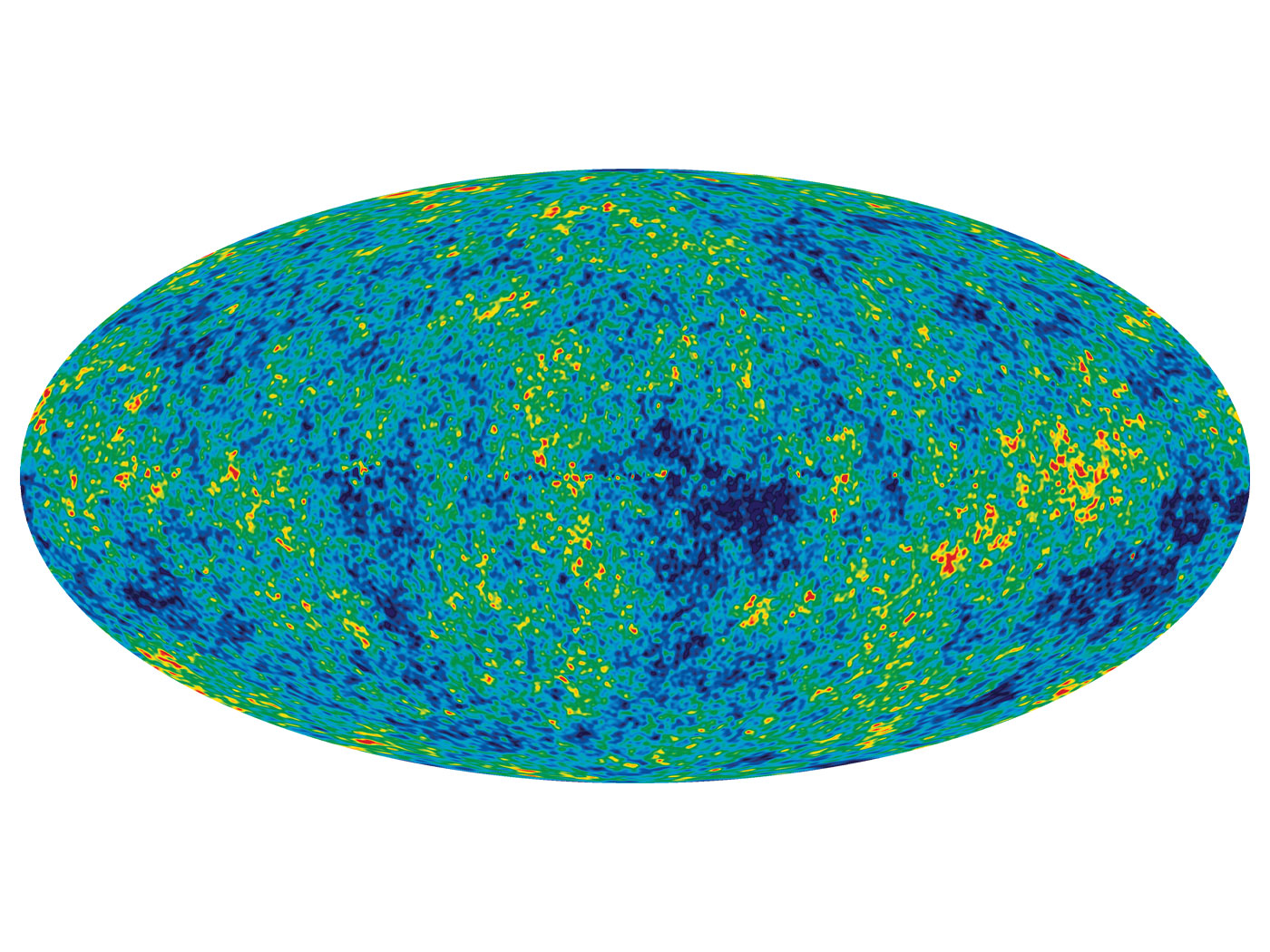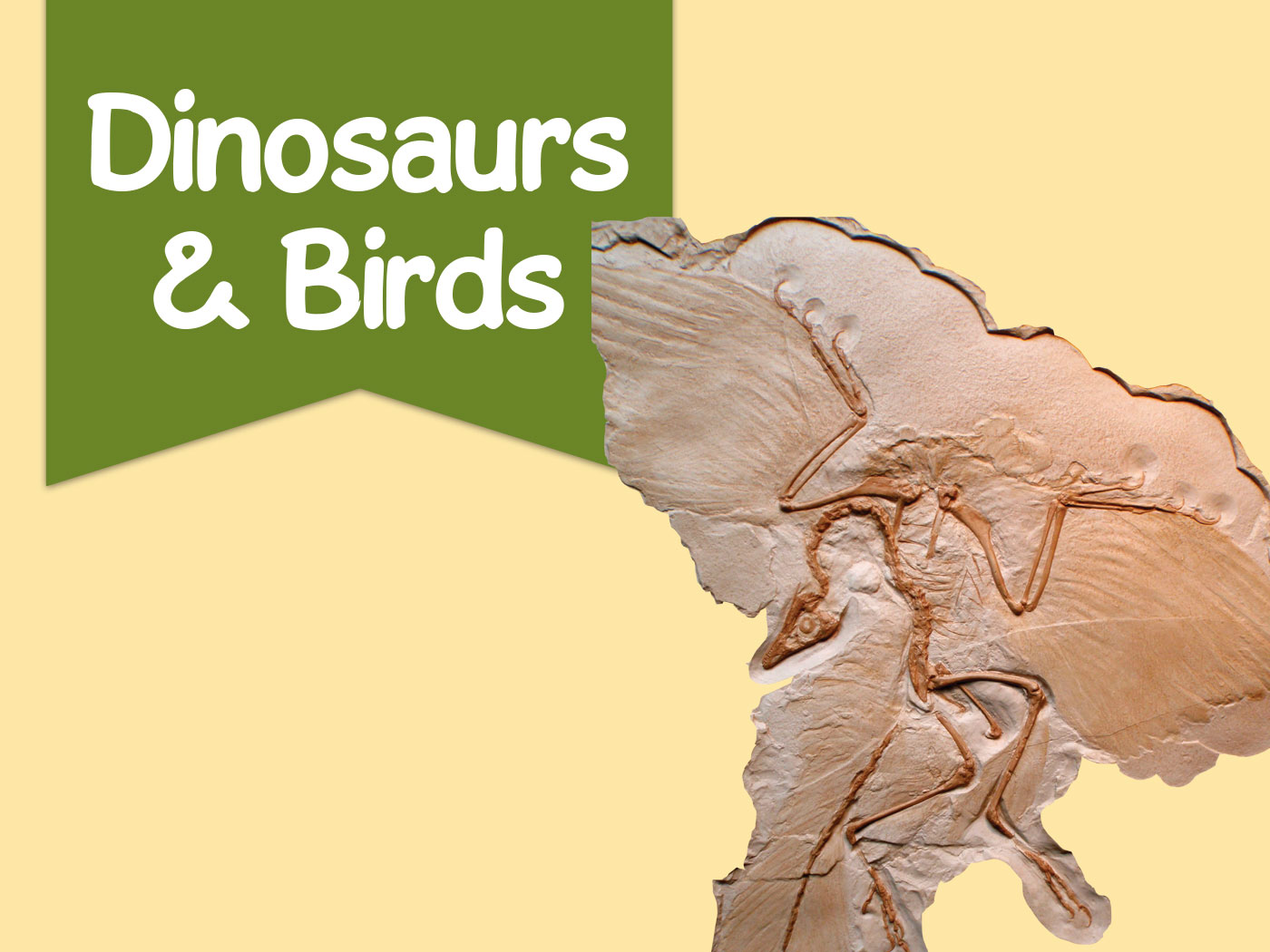
Octopus Cold Adaptation Surprises Scientists
Octopuses are not warm-blooded animals, yet the speed with which their nerves transmit signals depends on temperature. So how do those that live and move in sub-zero Antarctic waters function just as well as those inhabiting warm, tropical waters? The answer surprised researchers.

Why God Created Large, Sharp Teeth
Nineteenth-century English poet Alfred Tennyson famously described nature as "red in tooth and claw."1 But were claws and teeth originally intended to draw blood, or were they used to eat vegetation?

Israeli Library Digitizes Newton's Theological Works
Sir Isaac Newton is recognized by many as perhaps the greatest scientist who ever lived. But few know "that Newton was also a Christian and a Bible scholar."1 In fact, he wrote more about Scripture than about science, and finally after 300 years, his theological works are now available online for all to see.

Can Solar 'Belch' Theory Solve Sun Paradox?
The notion that the earth and cosmos are billions of years old continues to present serious problems for evolutionary scientists. For instance, billions of years ago, the sun would only have glowed faintly, leaving nearby earth totally frozen. But with no liquid water on earth's surface, how could life have evolved and become fossilized so long ago?

Scientists Decode Key to Spider Web Strength
Imagine a cloth that gets stronger after it is damaged. That is what scientists recently discovered when probing the strength of garden spider webs.







